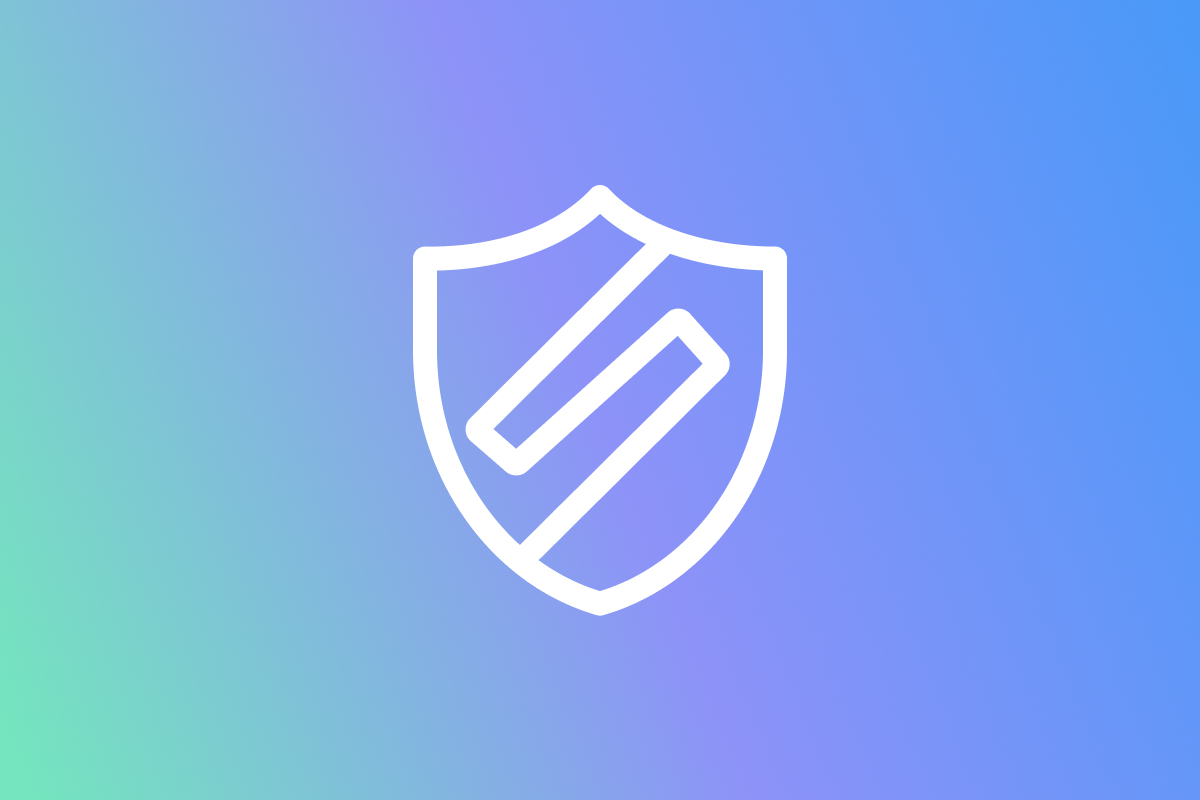Take a look at your Facebook profile. There’s a good chance it contains your full name, birth date and hometown. That could be just enough for an enterprising thief to steal your identity. Social media profiles are rife with information fraudsters could use to get into your bank account, steal your identity or even gain access to your home. Identity thieves can use social media in several ways: to target victims, to access accounts without permission and to send private messages containing phishing links. Here are ways to keep yourself safe:
- Make your profiles private. Keep an eye on who wants access and only accept friend requests from those you know personally.
- Using a discerning eye to decide what information to share and what you should keep to yourself. Do you need to share your home address or phone number on Facebook? Probably not. That info could lead to a headache in the wrong hands. Other information to consider keeping private: your high school or college and graduation dates, pet names and affiliations. Those may seem like harmless tidbits, but every detail can fuel a cyber attacker.
- Don’t click links or download files sent by people you don’t know. Be equally wary of such messages from friends you don’t regularly communicate with: his or her profile could have been compromised.
- Know your settings. Review your privacy settings (especially on Facebook, where there are several layers of protection) and disable permissions to all third-party applications.
- Keep your passwords secure. Avoid reusing the same password for multiple sites. If a thief hacks into one profile, several more could follow (especially if you use the same username for all your profiles).
- Post smart. Avoid posting photos that contain details like your address, birth date, phone number or financial data of any kind.
- Tagging your photos gives your friends and followers more details about where you are and what you’re doing, but remember it gives thieves that same info. Avoid tagging photos at home with your address — you’re inviting burglars to your empty house as soon as you leave. The same goes for vacation shots. Consider posting those snaps from the beach after you’ve arrived home.
- Share only with those who need the details. Throwing a party? Don’t send out a public invite listing your address and phone number. Instead, send it privately to those invited to your shindig. Similarly, remove your address from any events you’ve hosted where the information is no longer needed.
- Log out. Leaving yourself logged into Facebook on a public computer could open up a can of worms, especially if your credit card information is stored from a purchased you’ve made through the site.
- Keep an eye on family members. Did your son or daughter just get his or her Driver’s License? Skip the picture of the card and give friends and family members something else to “like.”
- Consider securing your security question answers. Instead of assuming no one will know Sparky was your first pet, try creating a password-like answer to the questions protecting your social media profiles. For example, “5p4rky” would make that answer much safer.
- Never provide financial details or your Social Security number.

